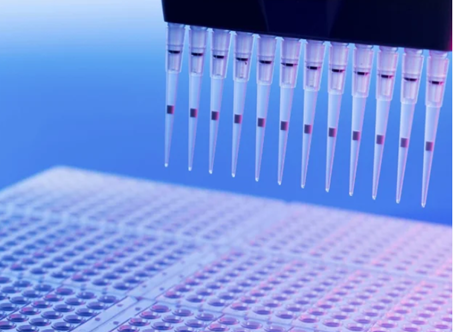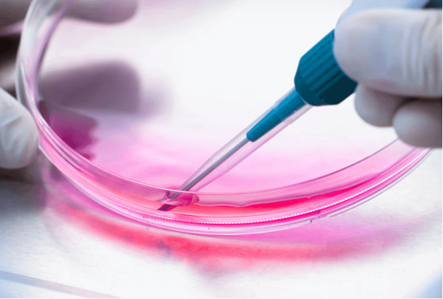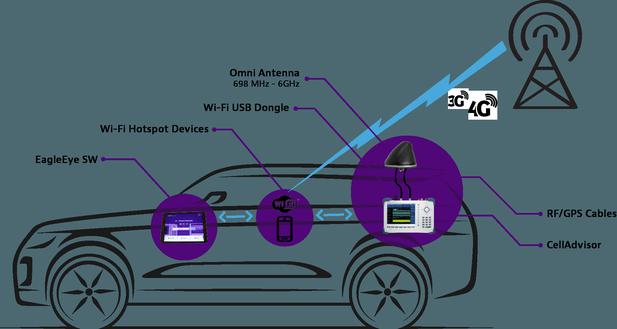Proof of theorem
Main development
In the field of mathematics, seeking a proof of speculative theorems has always been regarded as a task that requires intelligence to complete.
Proving theorems requires not only the ability to perform deduction based on assumptions, but also certain perceptual skills. For example, when a mathematician is seeking to prove a theorem, he will skillfully use his wealth of professional knowledge, guess which lemma should be proved first, accurately determine which existing theorems will function, and decompose the main problem into several problems, respectively. Solve independently.
Therefore, the proof of machine theorems in artificial intelligence research has received attention very early. In the development period of artificial intelligence, in 1957, the psychology team of A. Newell, J. Shaw, and H. Simon, etc. compiled a mathematical theorem proving program called Logic Theory Machine LT (TheLogic Theory Machine), which proved BAWRussell And the 38 theorems in Chapter 2 of the book "Principles of Mathematics" by AN Whitehead. And achieved a lot of results.

Human thinking stage
(1) First come up with a rough solution plan;
(2) Organize the solution according to the axioms and rules of reasoning in memory Problem process;
(3) Analyze the method and purpose, and revise the problem-solving plan.
It can be seen that the theorem proves that many results have been achieved in the development of artificial intelligence.
Importance and Significance
The research on theorem proof has played an important role in the development of artificial intelligence methods, such as the use of predicate logic language, the formal system of its deductive process, Help people understand the various components of the reasoning process more clearly.
Many problems in other fields, such as medical diagnosis information retrieval, can also use theorem proving methods, so the research on machine theorem proving has universal significance.
Latest: Washington University
Next: Productivity information








